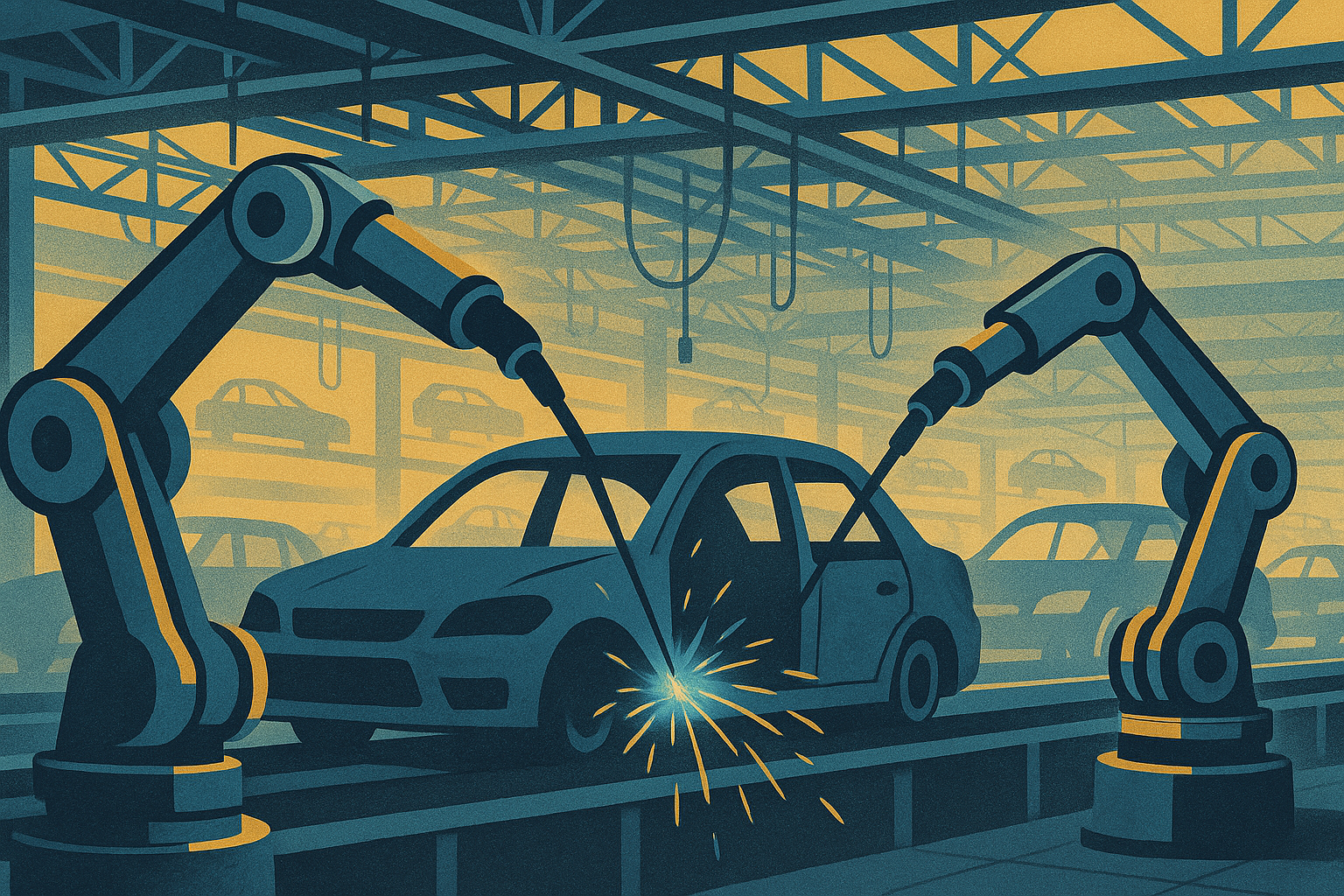The White House said on Thursday that Trump signed the order following the July pact with Tokyo, which lowers tariffs on automobiles, parts, and other goods. According to the text, the new tariff level will apply within seven days of its publication in the Federal Register. Parts of the relief are retroactive to 7 August 2025.
“This order marks the formal implementation of the U.S.–Japan trade agreement, securing significant investment and lowering costs for American consumers,” the White House statement said. The deal includes a Japanese commitment of $550 billion for U.S. projects chosen by Washington.
Japanese carmakers welcomed the change. A spokesperson for Toyota said the agreement “provides stability for the industry and supports consumer choice,” adding that the company expected the order to help smooth logistics after two years of supply chain disruption. Shares in Toyota and Honda rose in Tokyo on Friday.
U.S. automakers, however, raised concerns. Matt Blunt, president of the American Automotive Policy Council, which represents Ford, General Motors, and Stellantis, said: “This deal tilts the playing field against U.S. companies by granting preferential access to Japanese competitors.” The group has urged Washington to extend similar tariff treatment to domestic manufacturers.
South Korea also responded. Its trade ministry said it was “closely examining the potential impact” on Hyundai and Kia, whose exports to the U.S. remain subject to 25% tariffs. Shares in both companies slipped after the announcement.
The tariff cut had immediate financial repercussions. The Japanese yen strengthened to about ¥148 per U.S. dollar, reversing part of its recent decline. Analysts said the move boosted investor confidence in Japanese exporters while signalling a shift in U.S. trade policy.
The decision represents a notable departure from the protectionist stance that characterised Trump’s earlier term. For Japanese companies, it is a breakthrough moment in access to the U.S. car market. For American manufacturers, it sharpens the challenge of defending domestic market share against new competition.




